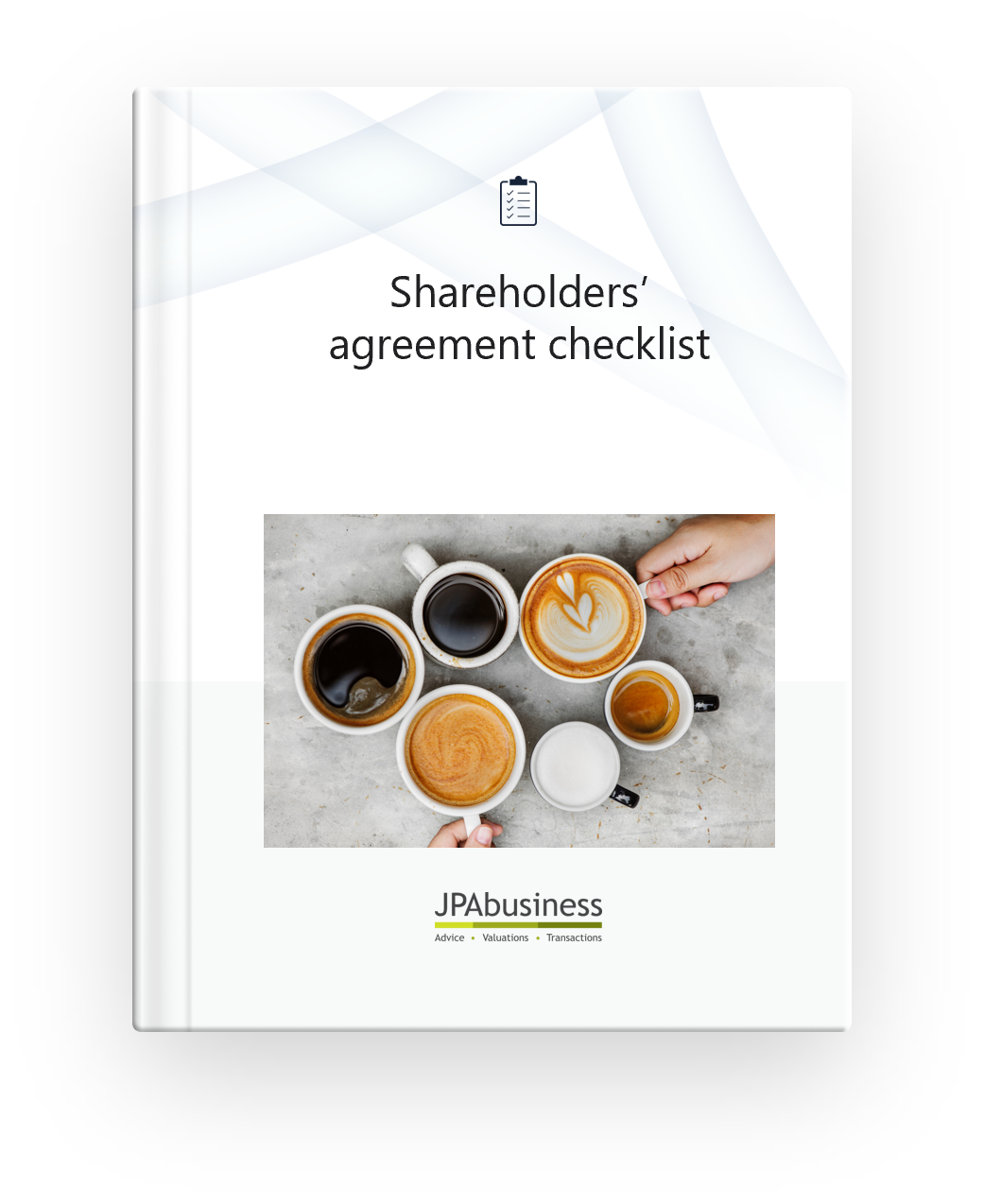
We were recently asked for advice on the best way to bring an additional partner or shareholder into an existing business.
Golden rule 1: Understand what value the partner or shareholder is bringing to the business. Is it specialist expertise, an entry point into a new business line, strategic opportunities, funding… or all of these?
Golden rule 2: Understand the motivations and intentions of the new partner or shareholder – now and moving forward. It may help to seek some advisory or facilitation services to tease out and clarify these motivations.
As we wrote in our free ebook, Stakeholders in Your Business, business partnerships can be very positive if planned, structured and managed effectively to ensure a shared vision and direction.
The following is a brief summary of the advice we gave our clients:
There are 2 key issues to consider when taking on a new partner or shareholder:
- How to establish the shareholding for the incoming investor, and
- How to manage the shareholder relationships.
1. How to establish the shareholding for the incoming investor
Issues to consider:
- Do you want to take on the new shareholding all at outset, in tranches or instalments, and/or over a period based on performance?
- Will the new shareholder (one-third equity holder) automatically become a director of the company, or would you rather this happen in 12 months after a 'qualifying period' or otherwise?
- Will you be issuing fresh ordinary equity for the new shareholder to purchase or will you each be selling an equal portion of your ordinary equity to allow the shareholder to take up their one-third holding? (You may need an accountant’s advice as there will be a tax impact.)
- Are you only issuing ordinary equity with the shareholding or is there an opportunity to provide other classes of shares (non-voting) for income distribution purposes and also to spouses?
- Prior to any transaction, have you (as existing directors and shareholders) considered paying a special dividend relating to surplus retained earnings from prior years? (You may need an accountant’s advice as there will be a tax impact.)
- Have you considered a proportionment of any or all business liabilities or working capital at the commencement of any transaction (between old and new shareholders)
2. How to manage the shareholder relationships
Issues to consider:
(These and other issues ideally need to be addressed as part of the drafting of a legally binding Shareholders’ Agreement)
- Share transfer and sale rules, and exit provisions for shareholders. Make sure you address issues such as valuation in the event of a buy-out opportunity.
- Conduct and governance processes for running the company, including appointment of key senior people, approval of business plan, approval of material decisions and financing, capital spending, acquisitions and divestments.
- Mediation processes for a relationship breakdown amongst shareholders.
- Process for capital raising – this usually involves a series of steps e.g. shareholder’s fund in equal contributions, shareholder’s fund disproportionately, debt, outside equity, etc.
- Director obligations and responsibilities, plus what happens in the case of misconduct of directors and shareholders (over and above regulatory requirements).
- Provisions in the case of a buy-out by a third party. This may involve ‘drag along’ and ‘tag along’ clauses and other processes to ensure a balanced consideration.
- Proportion of shareholding that allows for a directorship.
- Any formula relating to dividend declarations, working capital and other financial and business benchmarks (these can also be covered in the Annual Business Plan).
- Provisions for conflict of interest for related party transactions.
The JPAbusiness team can provide support in working through these issues and help set the right basis for your partner relationship, including:
- facilitating open planning discussions between parties, and
- drafting a Shareholders’ Agreement.
If you would like support or advice regarding creating a Shareholders’ Agreement and/or assistance with shareholder and business transfer issues, please contact the JPAbusiness team on 02 6360 0360 or 02 9893 1803 for a confidential, obligation-free discussion.

